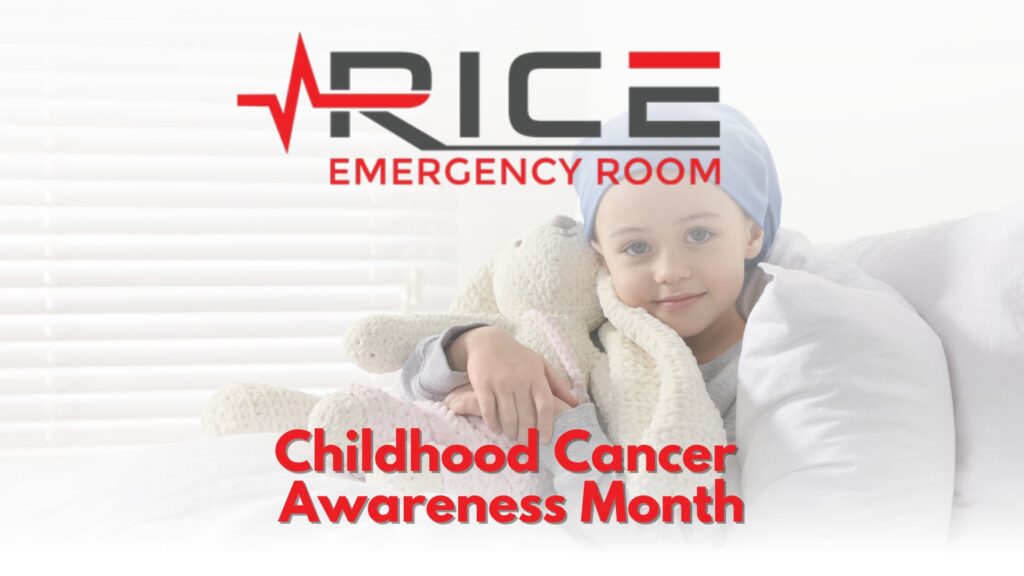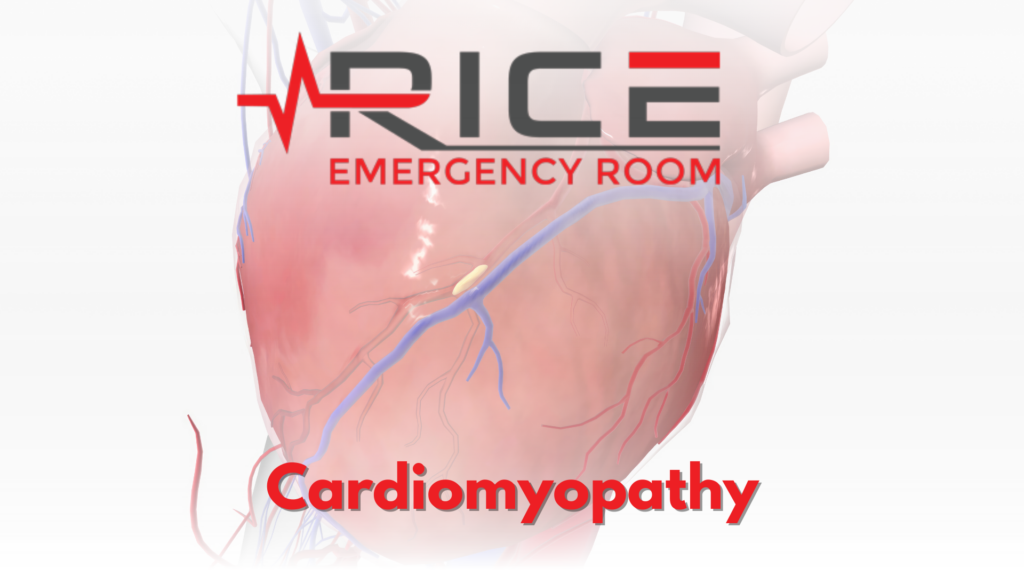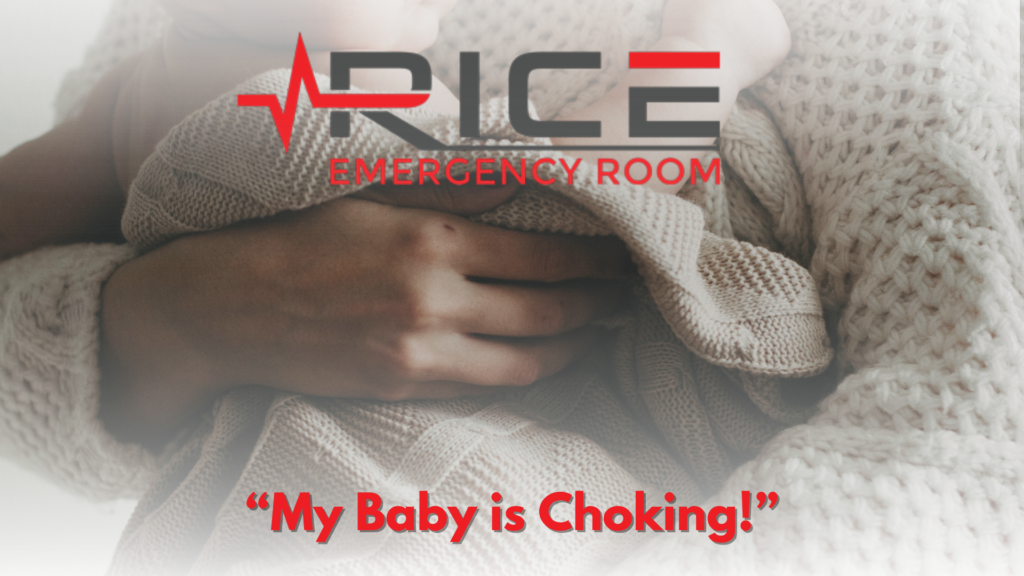September is Childhood Cancer Awareness Month, a dedicated time to raise awareness about the unique challenges faced by children diagnosed with cancer and their families. Understanding the significance of this month helps you stay informed, support affected families, and recognize the symptoms of childhood cancer early on.
What is Childhood Cancer Awareness Month?
Childhood Cancer Awareness Month was established to highlight the importance of pediatric cancer research, honor young cancer patients and survivors, and remember those who have lost their battle (American Cancer Society, n.d.). This month serves as a reminder that while significant progress has been made in treating pediatric cancers, ongoing research and funding are essential for developing safer and more effective treatments (National Cancer Institute, 2023).
Who Does Childhood Cancer Affect?
Childhood cancer affects children from infancy through adolescence. Each year, approximately 15,000 children in the United States are diagnosed with cancer (American Cancer Society, n.d.). Despite significant advancements in treatment, cancer remains the leading cause of death by disease among children under 15 (Children’s Oncology Group, 2024). Common types of childhood cancer include leukemia, brain and spinal cord tumors, neuroblastoma, Wilms tumor, lymphoma, rhabdomyosarcoma, retinoblastoma, and bone cancer (National Cancer Institute, 2023).
Recognizing Symptoms and Knowing When to Seek Emergency Care
Identifying symptoms of childhood cancer can be challenging as they often overlap with those of more common illnesses. Being aware of potential warning signs can lead to earlier diagnosis and treatment. Here are key symptoms to watch for:
- Unexplained Weight Loss: Sudden weight loss, especially with a loss of appetite, should be evaluated (American Cancer Society, n.d.).
- Persistent Fever: A persistent fever without an apparent cause may indicate leukemia or lymphoma (Children’s Oncology Group, 2024).
- Extreme Fatigue: Extreme fatigue, weakness, and paleness can be symptoms of leukemia or other blood-related cancers (National Cancer Institute, 2023).
- Unusual Bruising or Bleeding: Unusual bruising, bleeding, or small red or purple spots on the skin (petechiae) could signal leukemia (American Cancer Society, n.d.).
- Swelling or Lumps: Swelling or lumps in the abdomen, neck, chest, pelvis, or armpits should be assessed by a healthcare professional (Children’s Oncology Group, 2024).
- Persistent Pain: Persistent bone or joint pain that does not resolve with standard treatments may indicate bone cancer or leukemia (National Cancer Institute, 2023).
- Frequent Infections: Recurring infections or illnesses that are difficult to treat might signal a weakened immune system due to leukemia or lymphoma (American Cancer Society, n.d.).
- Severe Headaches: Severe headaches with early morning vomiting could be signs of brain tumors (Children’s Oncology Group, 2024).
- Vision or Hearing Changes: Sudden changes in vision or hearing, such as double vision or hearing loss, may indicate tumors in the brain or eye (National Cancer Institute, 2023).
- Balance and Coordination Issues: Difficulty walking, frequent falls, or balance problems might suggest central nervous system involvement (American Cancer Society, n.d.).
Emergency Room Visits: In some cases, symptoms may escalate to the point where immediate medical attention is necessary. Situations that might require an emergency room visit include:
- Severe, Persistent Pain: Pain that is intense and unmanageable despite over-the-counter medications or home remedies.
- High Fever with Symptoms: A high fever accompanied by symptoms like severe fatigue or bleeding, which could indicate a serious condition like leukemia or an infection related to cancer.
- Sudden Neurological Changes: Abrupt changes in mental status, such as confusion, severe headaches with vomiting, or loss of consciousness, which may suggest a brain tumor or other urgent condition.
- Breathing Difficulties: Difficulty breathing or shortness of breath, which might be related to tumors affecting the chest or lungs.
How Parents Can Stay Informed
Staying informed about childhood cancer involves a proactive approach to education and advocacy:
- Educate Yourself: Use reputable sources like the American Cancer Society, National Cancer Institute, and Children’s Oncology Group to learn about various types of childhood cancers, their symptoms, and treatment options (American Cancer Society, n.d.; National Cancer Institute, 2023; Children’s Oncology Group, 2024).
- Regular Check-Ups: Ensure your child has regular pediatric check-ups. Routine visits allow healthcare professionals to detect potential issues early (American Cancer Society, n.d.).
- Know Your Family History: Be aware of your family’s medical history, as some childhood cancers can be linked to genetic factors (National Cancer Institute, 2023).
- Advocate for Research: Support organizations dedicated to pediatric cancer research. Increased funding can lead to advancements in treatment and improved survival rates (Children’s Oncology Group, 2024).
- Join Support Networks: Engage with support groups and online communities. These networks can offer valuable information, emotional support, and resources for families affected by childhood cancer (American Cancer Society, n.d.).
The Houston Medical Center boasts some of the best resources for diagnosing and treating pediatric cancer. With state-of-the-art facilities and a team of highly specialized professionals, the center offers comprehensive care tailored to the unique needs of young patients (Houston Medical Center, 2024). Their advanced diagnostic tools and cutting-edge treatments ensure that children receive the most effective and compassionate care available.
At Rice Emergency Room in the Rice Village Shopping Center, we are committed to providing exceptional care and support for families navigating the challenges of childhood cancer. If you have concerns or need guidance, our experienced medical team is here to assist. Together, we can work towards a future where no child faces cancer alone.
Conclusion
Childhood Cancer Awareness Month is a vital opportunity to acknowledge the impact of cancer on young lives and emphasize the importance of awareness and early detection. By staying informed and proactive, parents can play a significant role in the fight against childhood cancer. Let’s use this month to educate ourselves, support affected families, and contribute to the ongoing efforts to eradicate pediatric cancer.
Works Cited
American Cancer Society. (n.d.). Childhood cancer facts. Retrieved from https://www.cancer.org
Children’s Oncology Group. (2024). Understanding childhood cancer. Retrieved from https://www.childrensoncologygroup.org
Houston Medical Center. (2024). Pediatric cancer care at Houston Medical Center. Retrieved from https://www.houstonmedicalcenter.org
National Cancer Institute. (2023). Childhood cancer. Retrieved from https://www.cancer.gov




